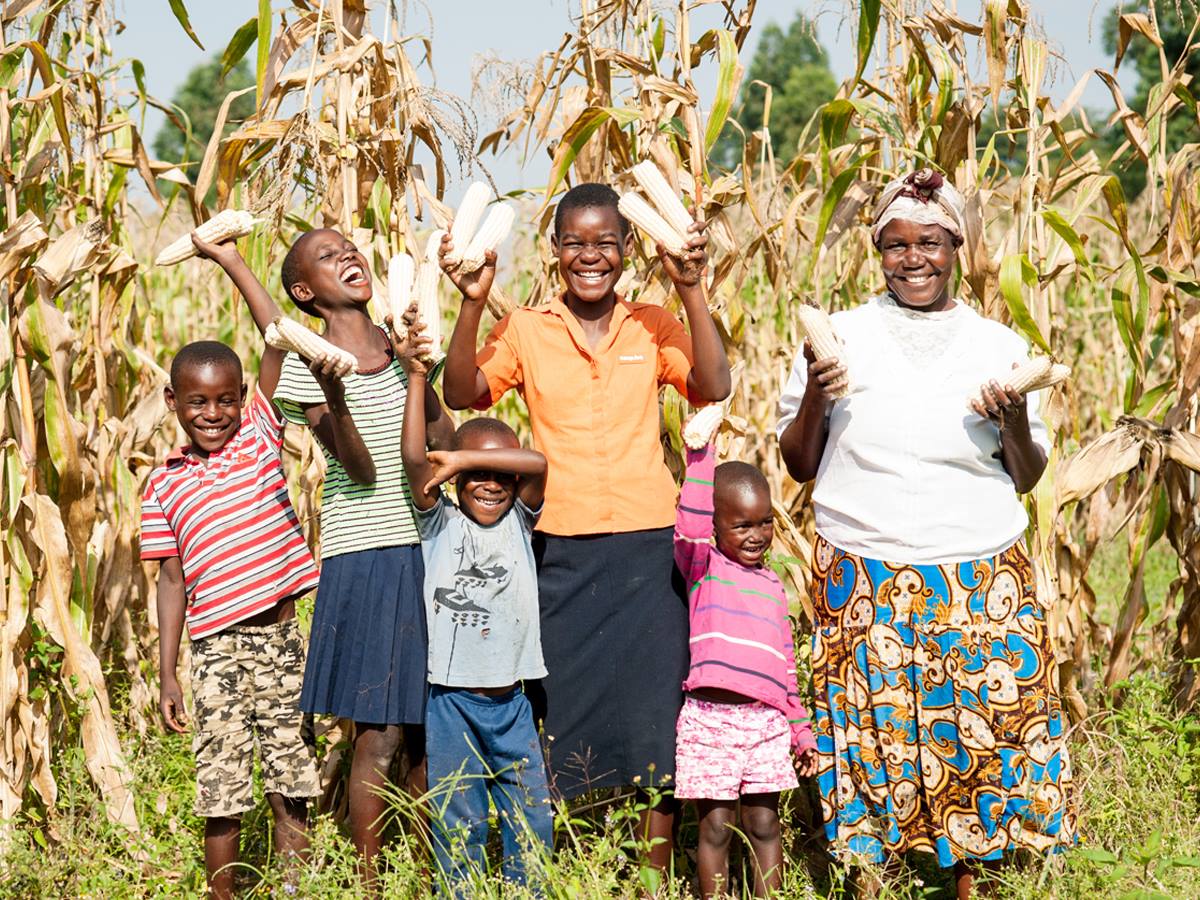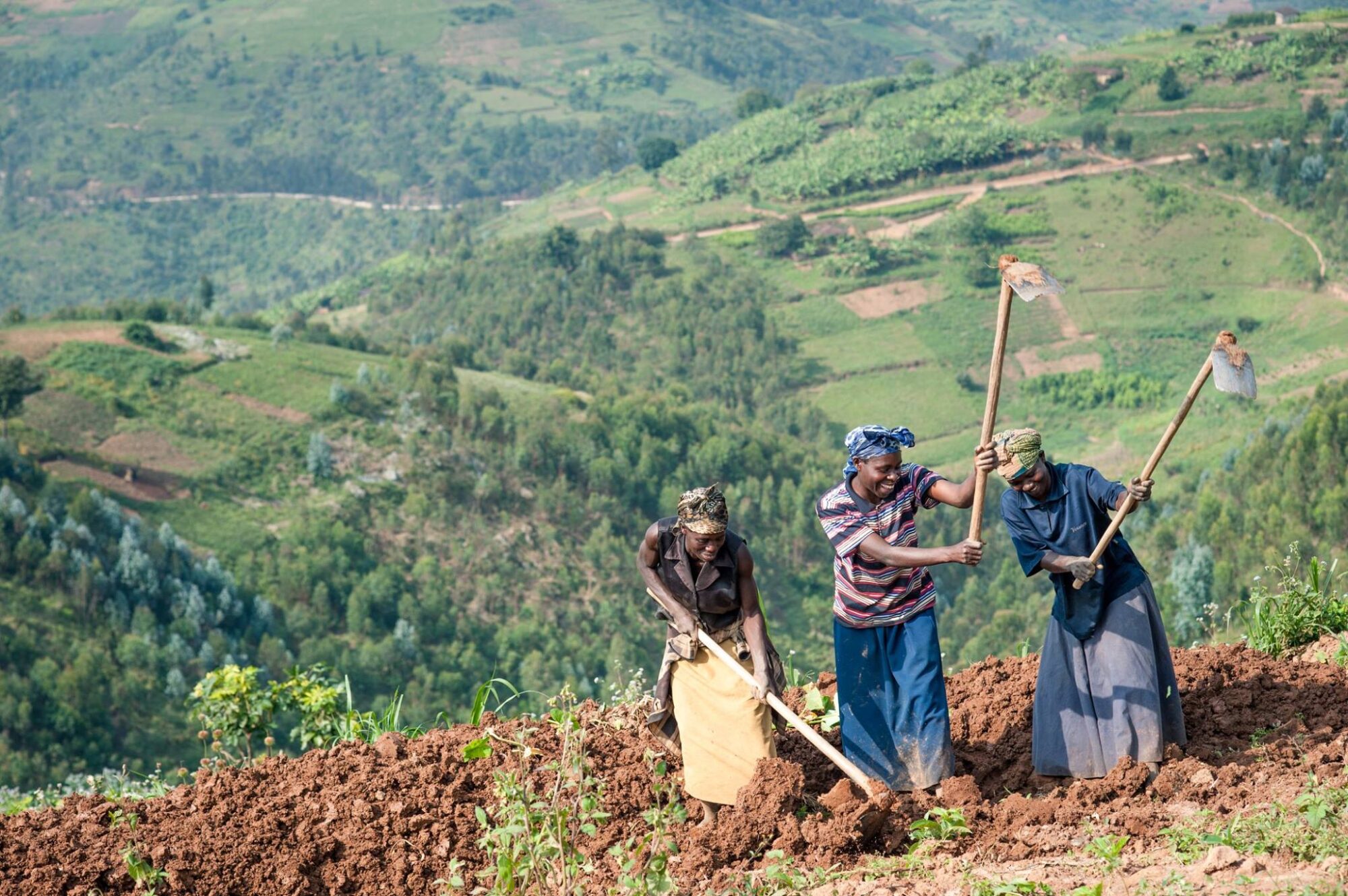
Global
Improving livelihoods, health, and the environment for rural poor.Our legacy Global Program was initiated in 2010 with grantmaking that concluded in 2015. We are no longer considering new funding proposals for this program.
Thanks to thoughtful strategies and careful execution by our partners in the field, the great majority of projects met or exceeded expectations. Because of these results, Barr deepened its initial commitment of $15 million to Global grantmaking to $41 million, and we extended an envisioned three-year pilot to five years.
Below you can find further information about Barr’s Global Program, including what we achieved, how grant funds were spent, where we worked, and whom we partnered with. We also offer a deeper look (via text and video) of a few of our partners and a report—From Local to Global—summarizing our approach, investments, and learning at the Global Program’s midpoint in 2013.
For any question related to Barr Global, contact Emily Sidla.
What Were Our Investment Areas and Goals?
Community Health
To increase access to quality health care in rural areas, with particular attention to mothers and children under five years of age. Focused on increasing the number of appropriately trained and supported community health workers, addressing barriers to the availability of essential medicines, and supporting the use of mobile technology to improve the quality of care.
Sustainable Agriculture
To increase agricultural productivity and market access for small-holder farmers in an environmentally responsible manner and to help strengthen resilience to climate change. Focused on introducing new farming practices, rehabilitating degraded land, and expanding access to markets and irrigation technologies.
Exploratory and Learning
To explore new issues and areas for investment, including education, climate resilience, and women’s and girls’ empowerment.
Clean Energy
To improve the health and economic welfare of families in rural areas by introducing new technology and reducing their environmental footprint. Invested in organizations with potential to increase access to affordable and clean energy by developing markets for clean cookstove technologies and solar lights, launching demonstration projects, and using existing rural distribution platforms.
How Were Grant Funds Spent?
Barr awarded $41.4 million in grants from 2011-2015.
- Community Health
- Sustainable Agriculture
- Exploratory and Learning
- Clean Energy
Where Did We Work?
- East Africa: Primarily Ethiopia, Kenya, Malawi, Uganda, and Tanzania
- Haiti: Primarily Arcahaie region, Artibonite Valley, Central Plateau, and northern and southeastern regions
- India: Primarily states of Rajasthan, Uttarakhand, Tamil, Nadu, Odisha, Jharkhand, West Bengal, and Assam
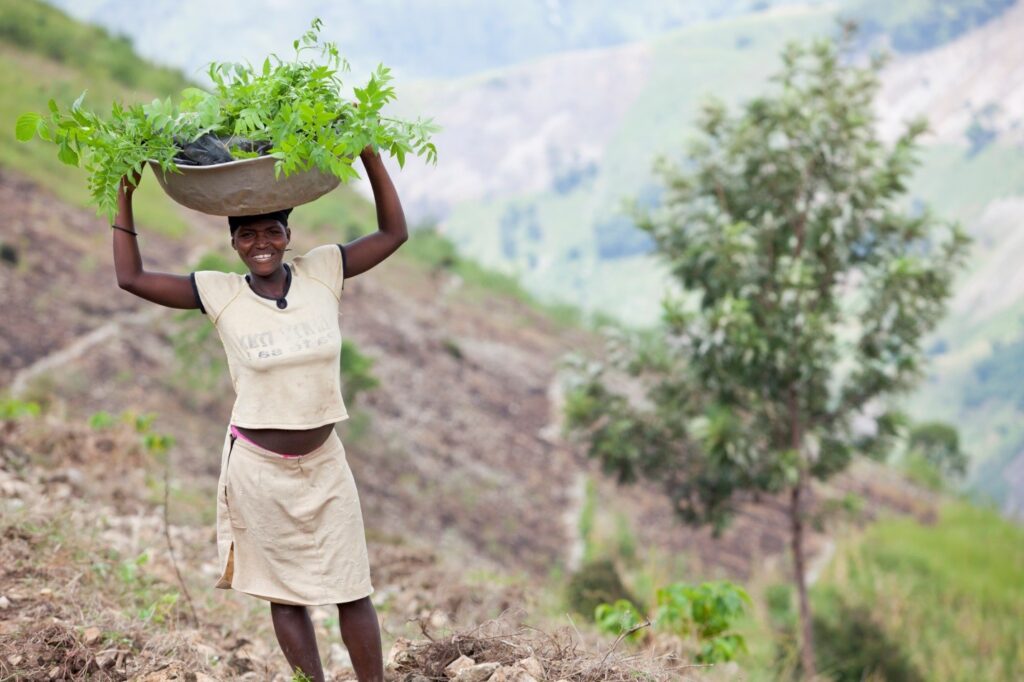
Who Were Our Partners?
We collaborated closely with community members, local organizations, and governments, with a strong focus on capacity building.
Our partners supported smallholder farmers to improve their crop yields and manage their natural resources; trained community health workers to improve the health of mothers and young children; and introduced and scaled business models that created sustainable markets for important household goods, such as solar lights and irrigation pumps.
Learn more about a few of our 49 partners in the videos featured below.
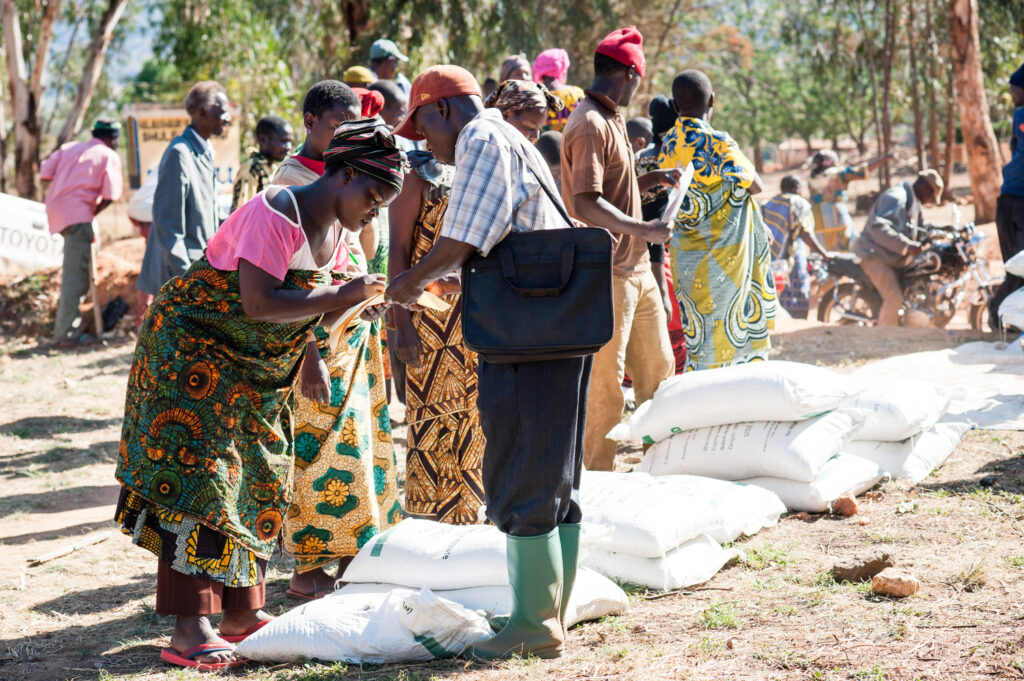
One Acre Fund
Impact Report
What Did We Learn?
From the beginning of this initiative we actively engaged with peers to learn and to share knowledge and lessons—including our December 2013 publication, From Local to Global, summarizing our approach, investments, and learning.

Global Grantmaking Insights
View all View all blog posts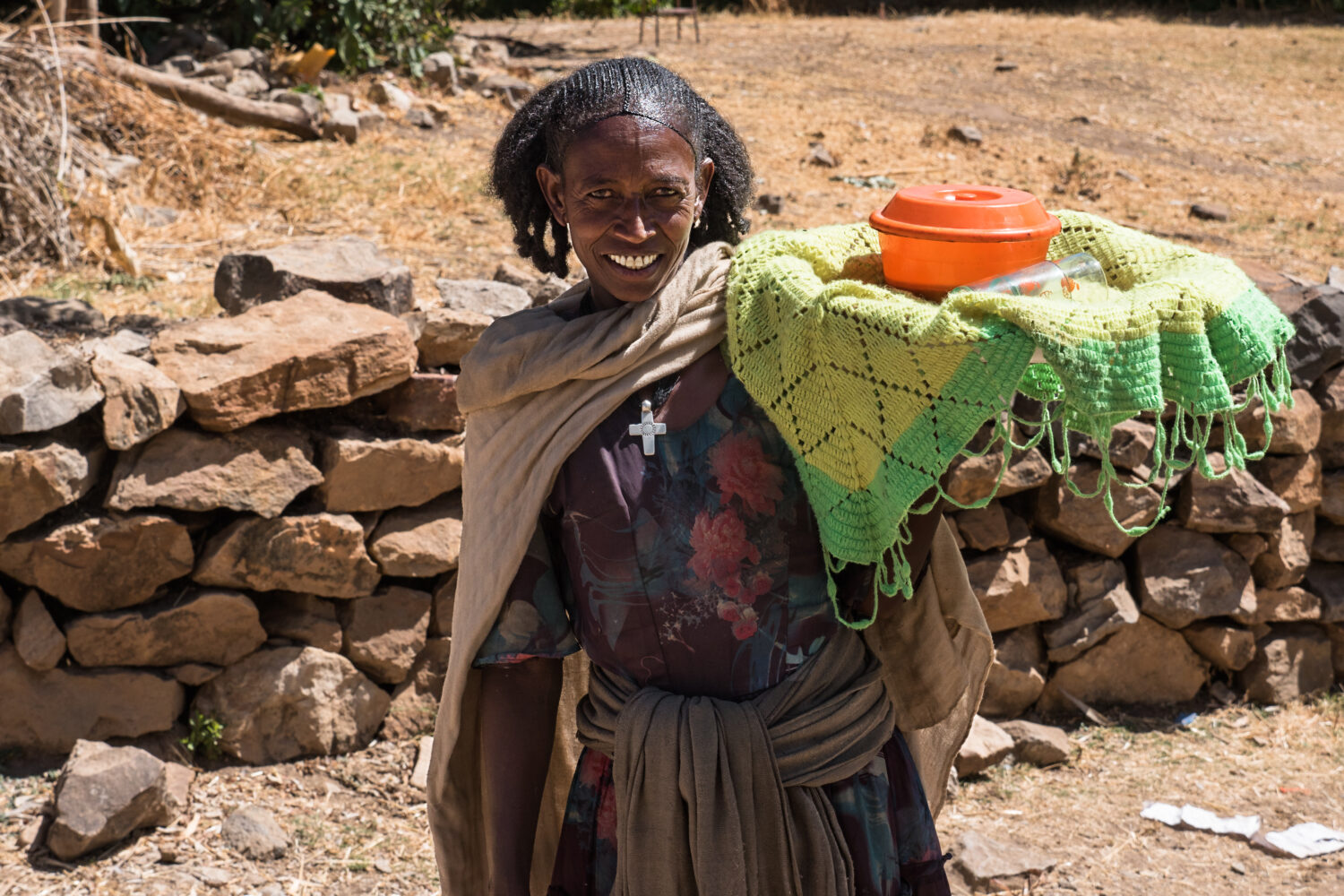
New Films and Next Steps for Barr’s Global Team
Read More Click to Read More about New Films and Next Steps for Barr’s Global Team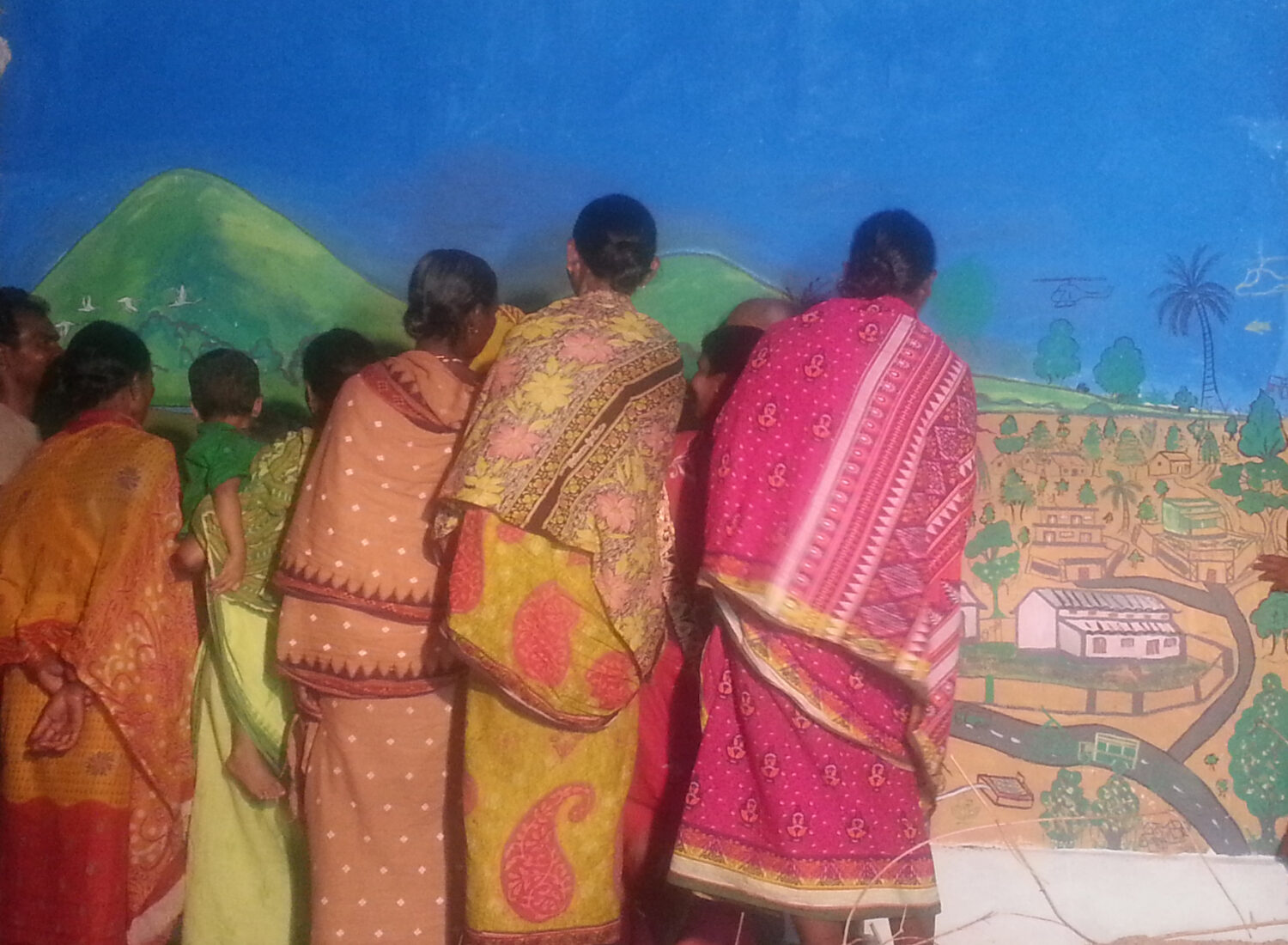
A Critical Piece in the Sustainability Puzzle
Read More Click to Read More about A Critical Piece in the Sustainability Puzzle